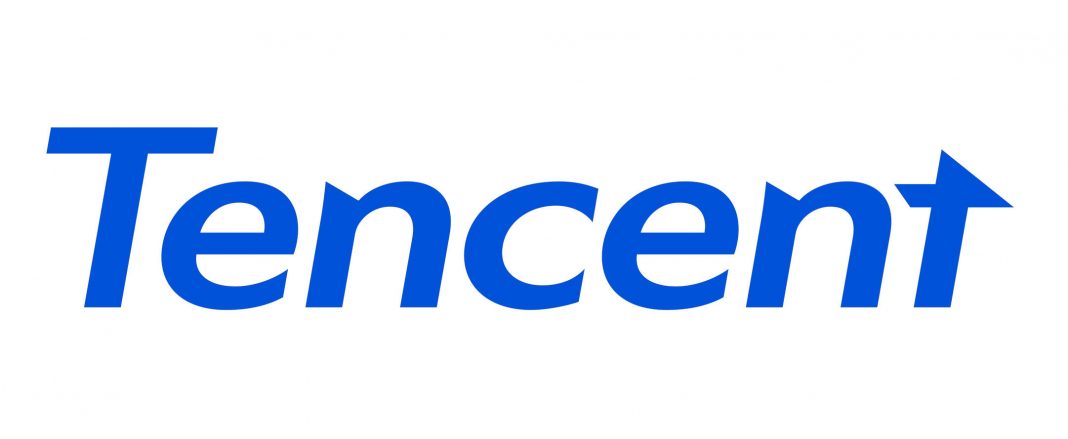Tencent Holdings Ltd (0700. HK) announced on Thursday that it intends to achieve carbon neutrality in its operations and supply chain by the end of the decade.
The company, whose products range from the messaging app WeChat to gaming and cloud-based services, has also pledged to use renewable energy for 100 percent of its electricity by 2030.
Tencent stated that throughout its operations, it intends to reduce energy usage per unit of production while dramatically increasing renewable energy use.
The internet giant plans to engage in green power trading and invest in renewable energy projects, as well as use carbon offsets in certain of its business areas. Tencent also stated that it would encourage its customers and enterprises to adopt a low-carbon mindset.
According to an internal study, the company’s total greenhouse gas emissions in 2021 were comparable to 5.111 million tonnes of carbon dioxide.
“It is Tencent’s responsibility as a global technology leader to help the world achieve carbon neutrality, and it’s also an essential part of our vision to use ‘tech for good’,” Chief Executive Pony Ma said in a statement.
China said last year it is aiming to become carbon neutral by around 2060 – a goal that has put the country’s biggest firms under pressure to draw up their own roadmaps to reach “net-zero”.
However, China’s large IT companies are still heavily reliant on the country’s coal-dominated energy grid, with only a few pledging to switch to renewable energy sources.
Alibaba Group Holding Ltd (9988.HK), a fellow digital behemoth, announced in December that it plans to reach carbon neutrality for its operations by the end of the decade, as well as reduce emissions across its supply chains and transportation networks.
Last year, the environmental organization Greenpeace named Tencent the best-performing Chinese cloud service provider in terms of obtaining renewable energy and reducing emissions. Huawei Technologies (HWT.UL), Baidu Inc (9888. HK), and Alibaba came in second, third, and fourth, respectively.












